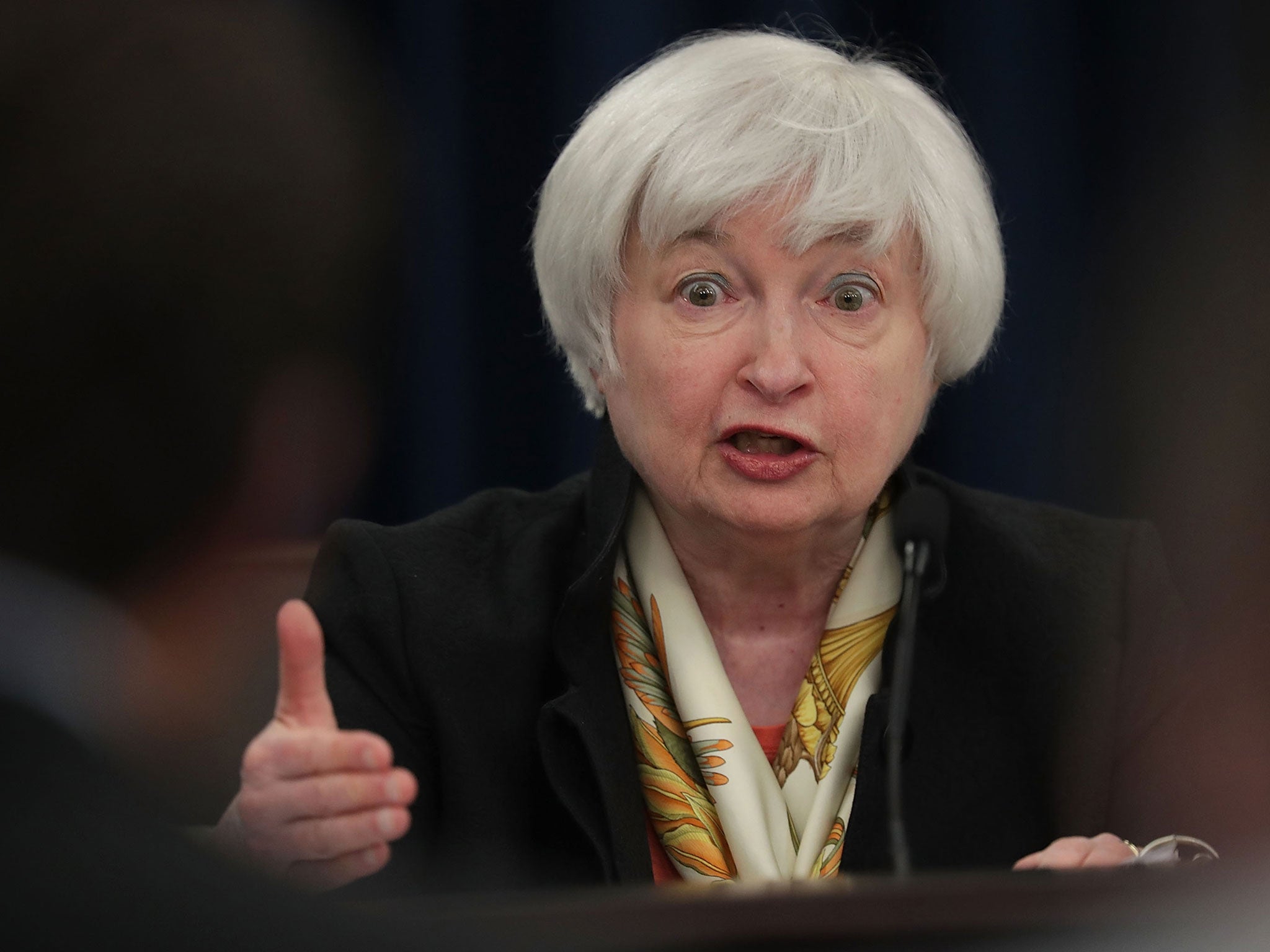Five things to look out for this week: what will happen to the markets after the referendum?
Long before the polls have closed on Thursday, we will start to see movements on the foreign exchanges


The noise this week from the referendum will drown out just about everything else. But if you step back, the world economy rumbles on, and hardly anyone thinks that what the British electorate chooses to do on Thursday will have much impact on the US or on China, or indeed on the emerging world. European economies? Well, maybe, but back to that in a moment.
There are two tricks coming up to help people locate what is really happening. One is on Thursday itself. Long before the polls have closed and the early results hinted at the result, you will start to see movements on the foreign exchanges. The reason is that several large financial institutions have commissioned their own exit polls to catch a feel for what is going on. These won’t be published before the real polls close; indeed they won’t be published at all. But they will start to move the markets. So if you see the pound rising sharply by Thursday lunchtime the chances are indeed that the Remain camp will have won. If the pound is falling, vice versa.
The other trick, well not so much a trick but a way of retaining sanity, is not to pay too much attention to whatever the markets do on Friday. The reason is that the short-term reaction is often a bad guide to what will happen in the weeks and months ahead. Just over a year ago the Conservatives won a surprise overall majority. You might imagine that this would be seen as good for the business community and hence for equity prices. Yet the reverse happened: UK equity markets were well down even before the latest kerfuffle. Or to take the other phenomenon of recent weeks, soaring gilt prices. You might imagine that the possibility of Brexit would put people off buying UK government debt. There may have been some impact but if so, it has been overruled by the opposite force of global falling yields. All bonds have gone up in price, pulling gilts up with them. Further, after an initial uplift, the pound fell on the exchanges in the weeks after the Scottish referendum on independence.
So the thing to look for will not be what happens on Friday but rather what happens in the weeks beyond. My guess remains, as it has been for several weeks, that the Remain camp will win a decent majority. But that will not necessarily mean that markets or indeed the pound will climb in the longer-term as a result. They may, but whatever they do will be determined by the much bigger forces at work in Europe, the US, and to some extent China.
What are the underlying forces in Europe?
The European business community is strongly pro-Remain, more strongly perhaps than even the British one. There is a simple reason for this: the UK is a very good market for them. It will remain so, whatever happens on Thursday. But the big question on the Continent is not so much what we do but whether the underlying recovery is still in place. The eurozone had a good first quarter, growing faster than the UK. Will this be sustained? What do business leaders say about their own expectations? There are still two weeks to run in the first half off the year, but meanwhile any information about the underlying performance of the eurozone will help us know whether the present general unease is justified.
What will Janet Yellen say on Tuesday and Wednesday?
The chair of the Federal Reserve will be giving evidence to Congress this week, to the Senate on Tuesday and the House on Wednesday. She will be particularly cautious, having said last week that the UK referendum was one of the factors affecting the decision to delay increasing interest rates. What will she signal now? A July hike, if the Remain camp win? Or is this idea that the British electorate matters as far as US interest rates are concerned a smoke-screen? Expect some tough questioning on that.
How are UK Government finances?
On Tuesday we get the May figures for the public finances. Given all the other stuff there will not be much attention paid to these, and we are only two months into the financial year. But we have to pay taxes, and the government has to provide services, whatever happens. Is the narrowing of the deficit continuing? Are there significant revisions to past data? Should we, and the Treasury, relax a bit? Or not?
A good day to bury bad news
Big news days are good days for slipping out information the authorities want to be missed by the media. Thursday will be a great day for that. So any government release or statement should be scrutinised particularly thoroughly. The thing to look for will be things they don’t want us to notice.

Join our commenting forum
Join thought-provoking conversations, follow other Independent readers and see their replies